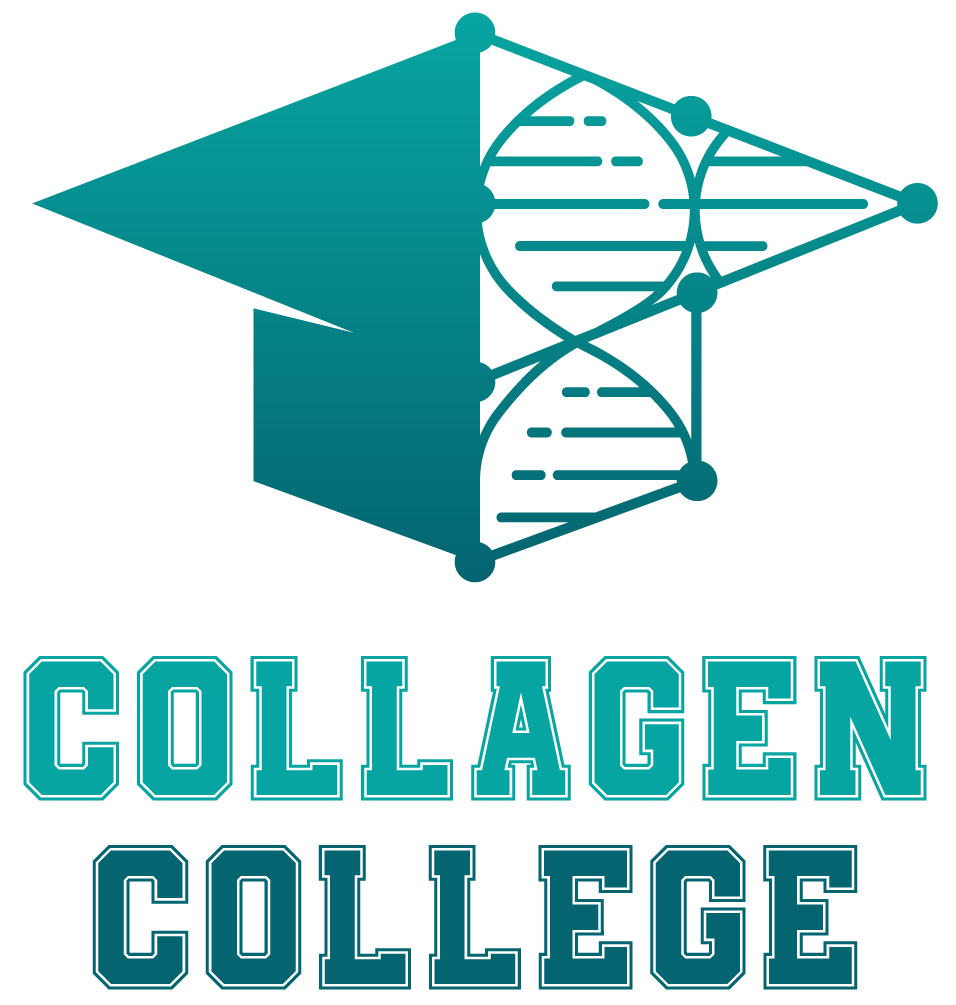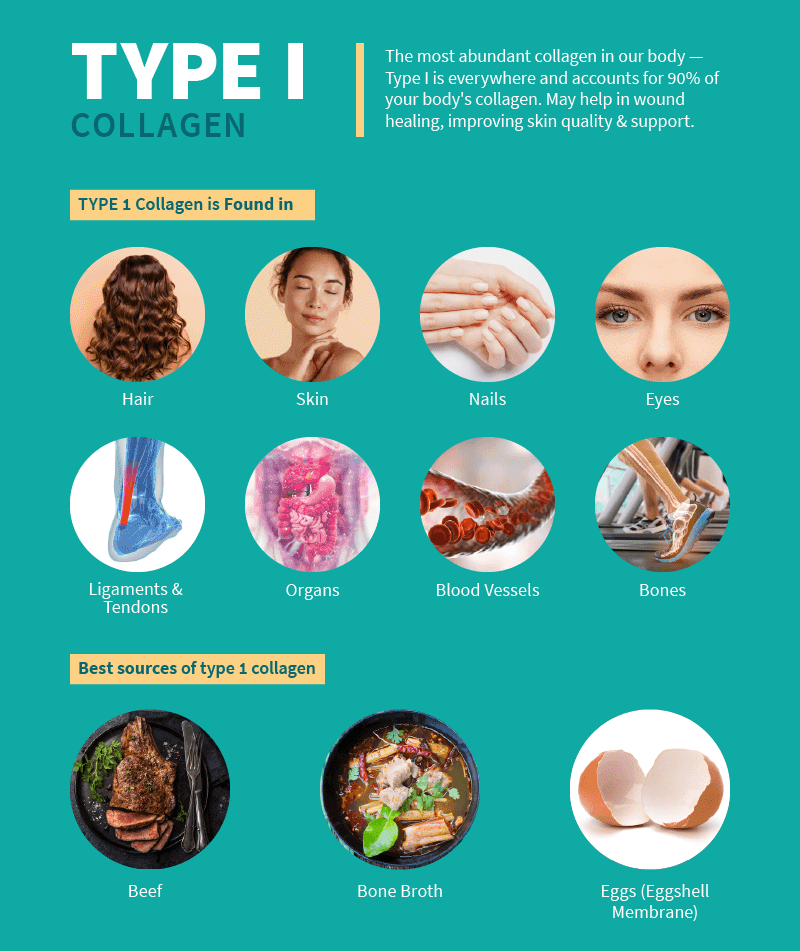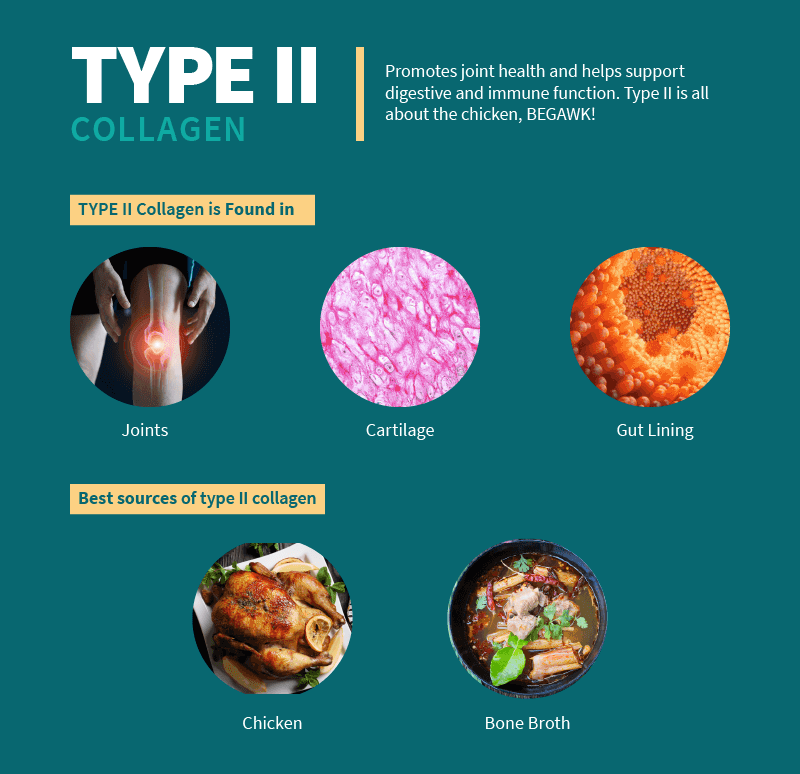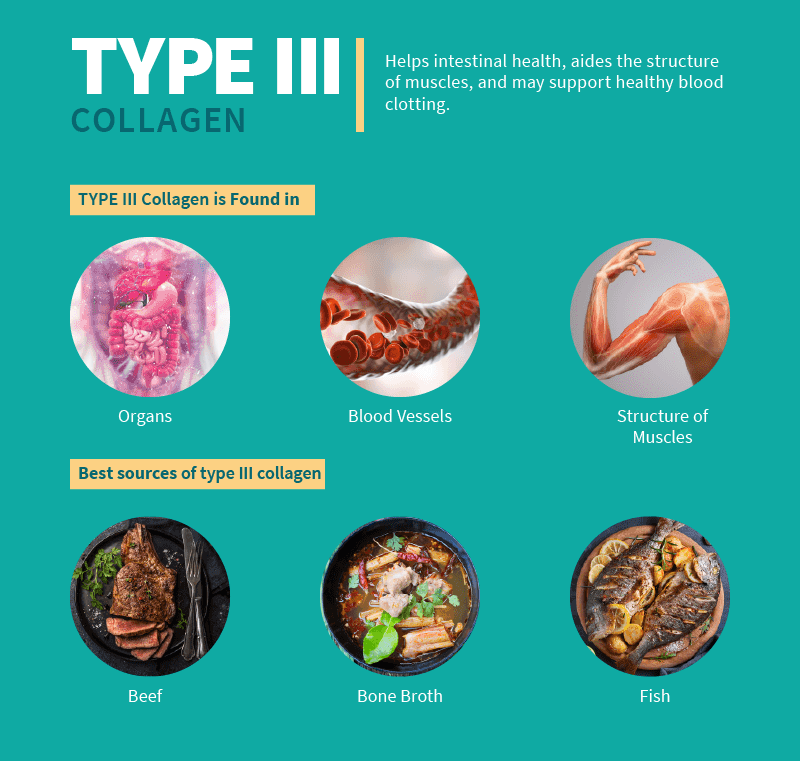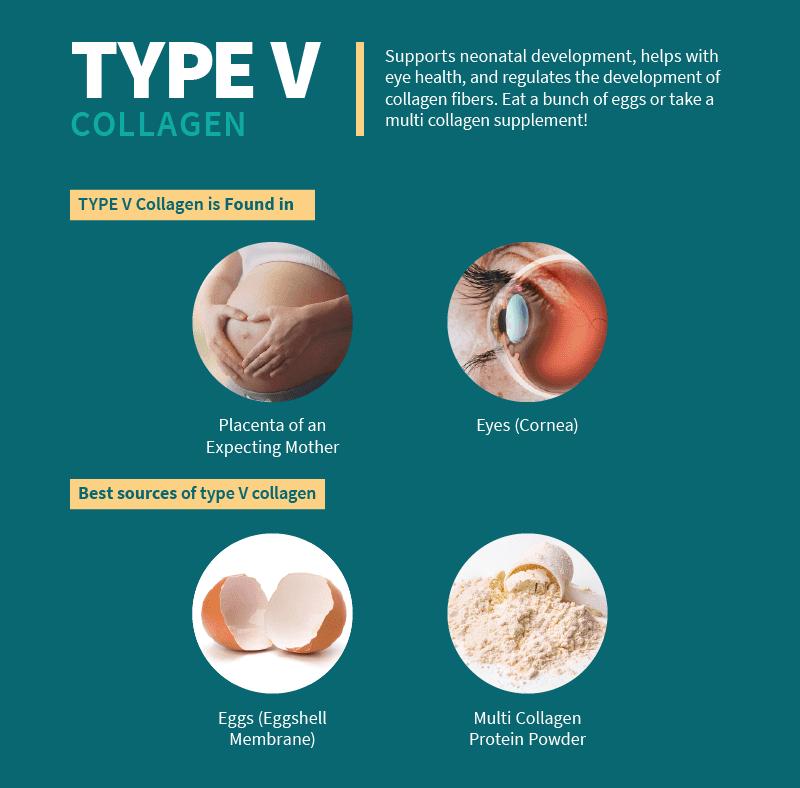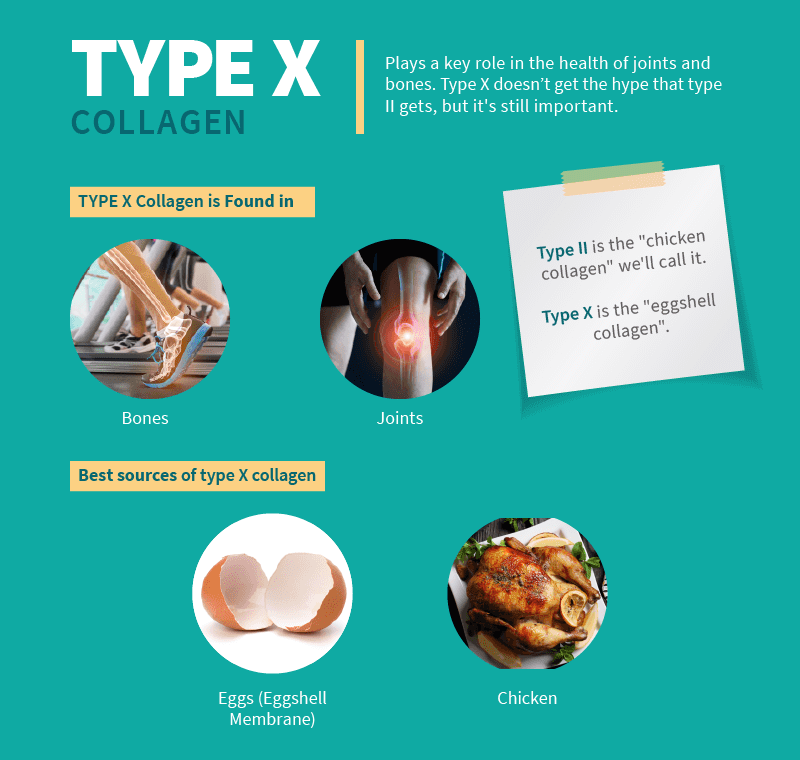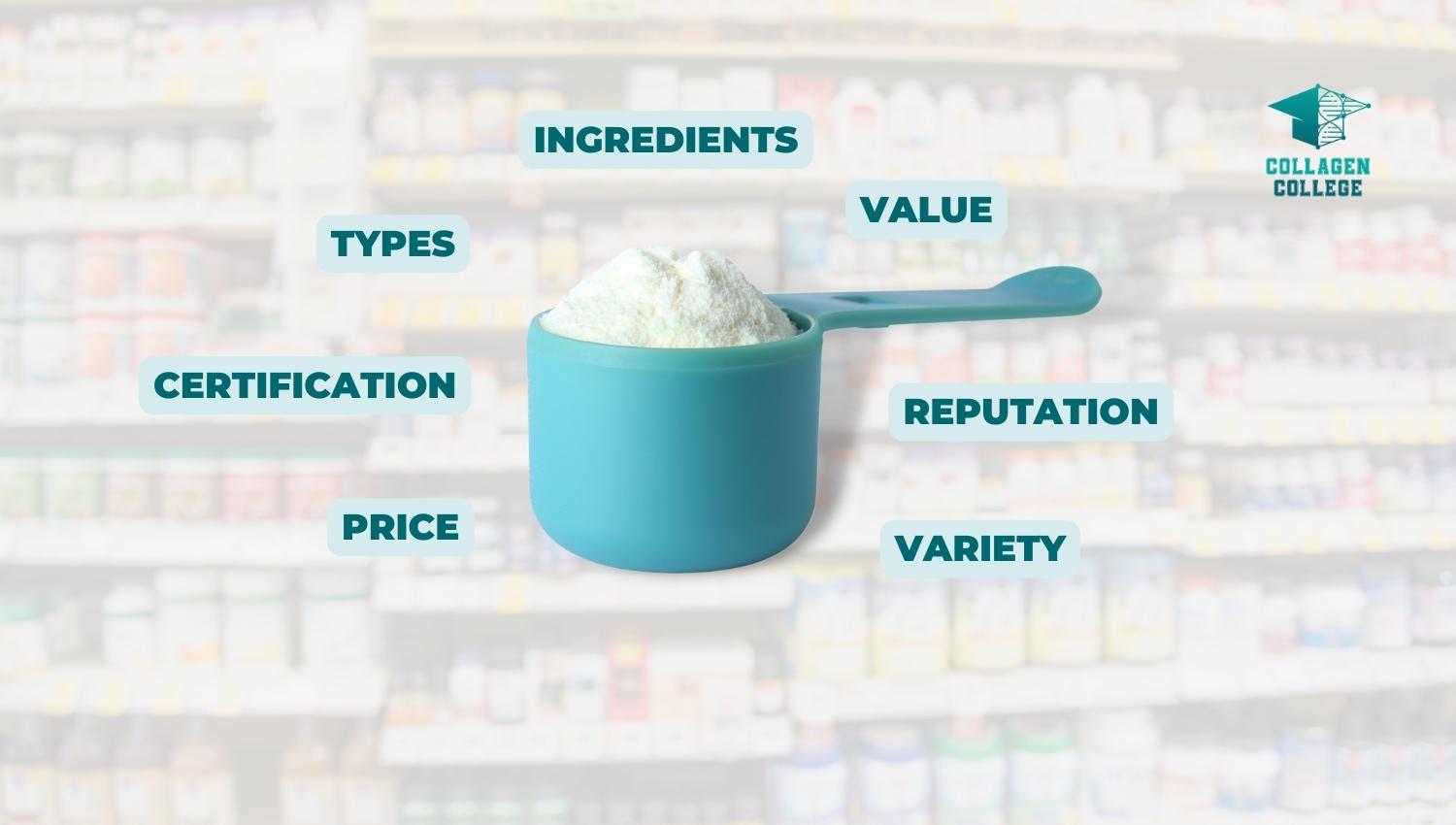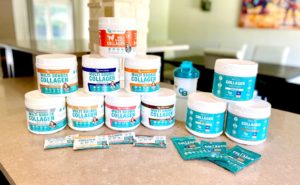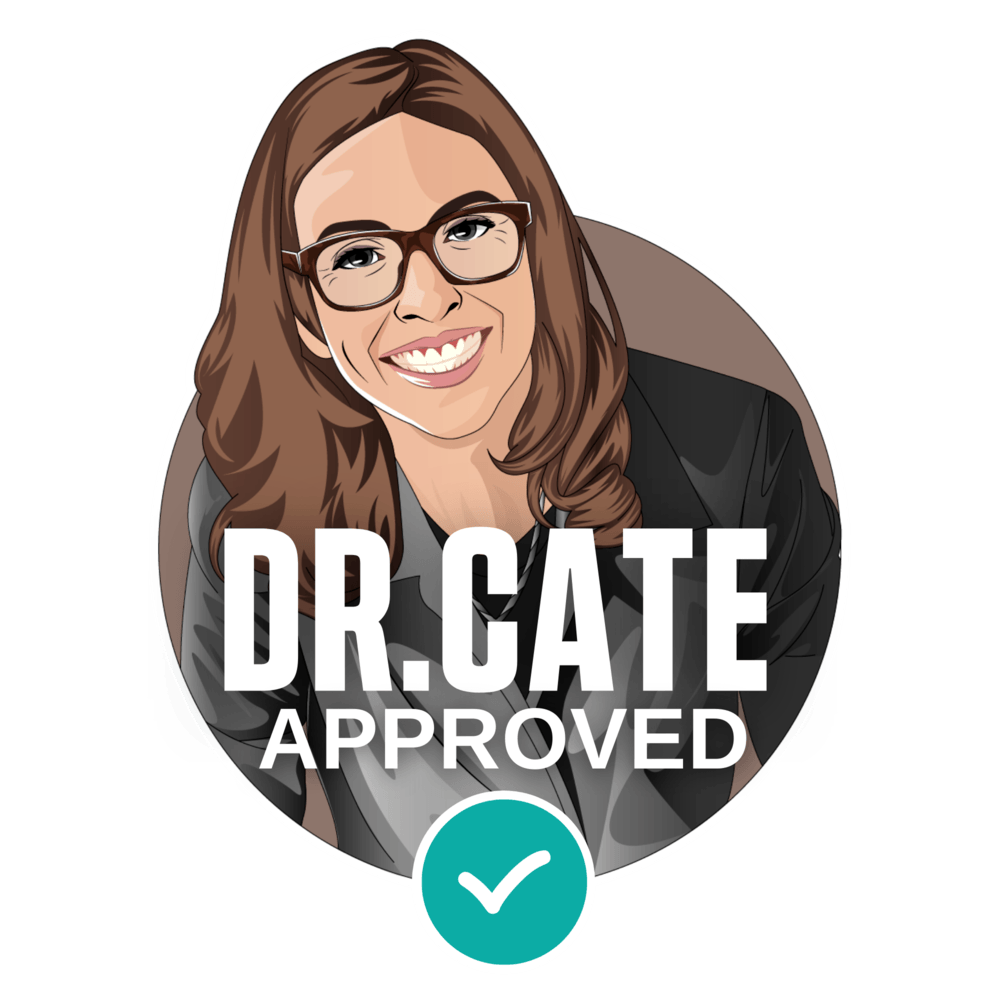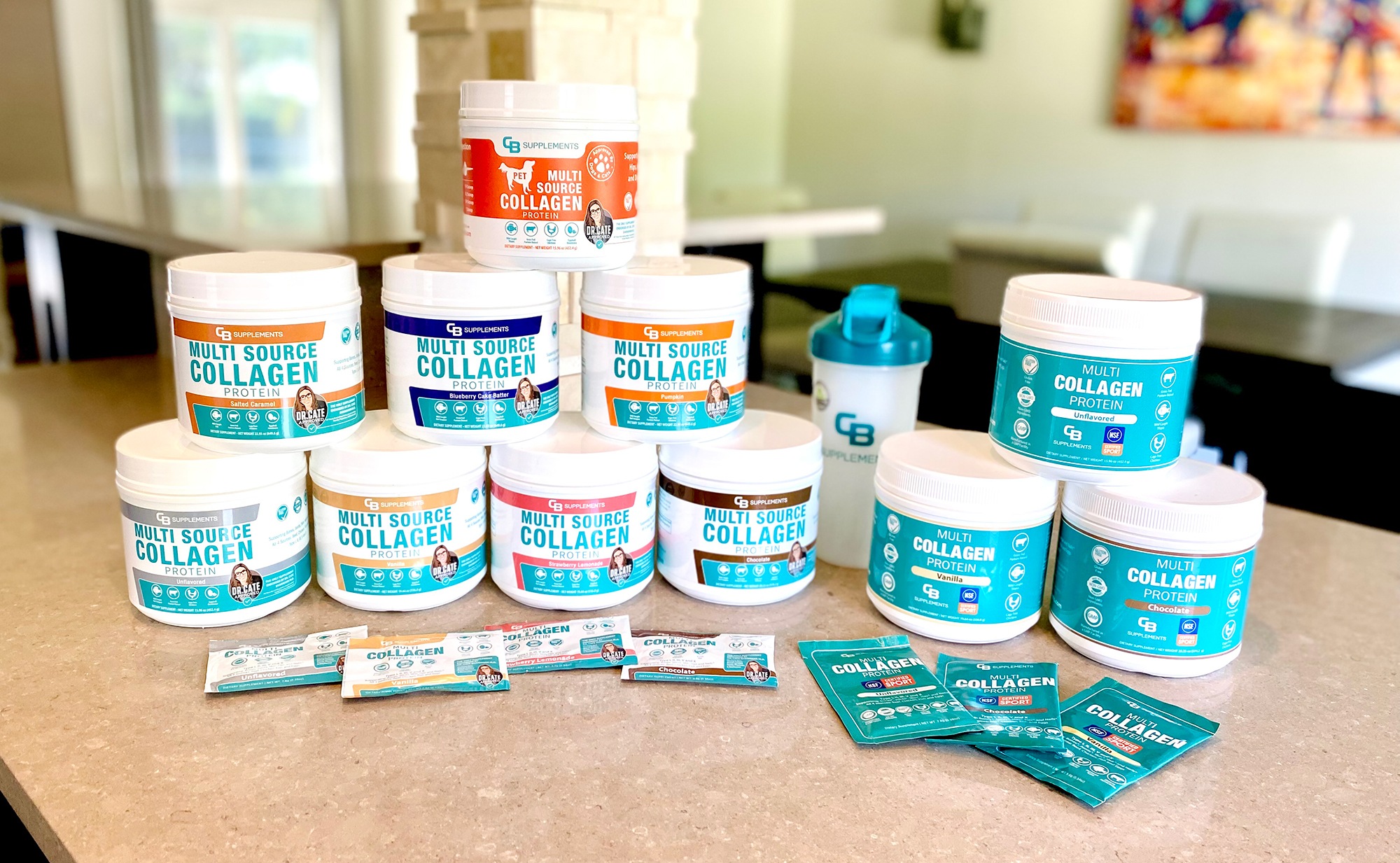Quick History of Collagen Types (and why Roman Numerals?)
Type 1 collagen was discovered nearly 100 years ago by histologists. Histology, in case you’re wondering, is the study of tissues and their structure.
What’s up with the Roman Numerals?
“These collagen types were discovered by people who work deep inside the basement labs in the dark”, says Dr. Cate. “It’s the way histologists do things.”
These high-tech, science-y founding fathers of collagen simply decided they liked Roman Numerals. 🙂
How many Different Types of Collagen are there?
Ah, the good ol’ collagen types debate:
How many different types of collagen are there?
There is debate (for lack of a better term) around how many types of collagen we have in our bodies – which is funny to us considering we live in the age of information, yet, really have no clue on most things. What a time to be alive.
The answer is we don’t know for sure (yet).
“The science is truly in its infancy”, states Mark Moyad, MD from the University of Michigan Medical Center.
Some science states 16 types of collagen. Others 28 types.
Even if we don’t have the exact science telling us there’s 16, 28, or 183 types of collagen — we can all probably agree that collagen is awesome, important, and we all want need and want more collagen. Unless you’re someone who actually believes that collagen-rich bone broth is a hoax, that’s here for your entertainment.
So, what do we know about collagen types?
We know there are 5 common types of collagen in the world of nutrition and supplements that are widely accepted and popular — which we’ll explore below. Note that there are many collagen types, but there’s just a few in hydrolyzed collagen peptides. Be cognizant of the distinction between collagen vs hydrolyzed collagen peptides.
Let’s now dig into the common types of collagen in supplements.
The 5 Common Types of Collagen
If you research collagen supplements long enough, you’ll notice they list the included types of collagen as Roman numerals on their packaging.
(For those new to the collagen world, yes, Roman numerals are making a comeback, baby.)
If you offer multi collagen peptides (like us), you’ll find these 5 types of collagen included in their products:
Below we’ll outline the differences between these 5 types of collagen, where they’re found in our bodies, which animal sources are best to supply you with each particular (Tim Ferris’ favorite fancy word) type of collagen, and specific benefits per type.
Shameless plug: as we mentioned, our multi collagen protein contains all 5 types (I, II, III, V, X) of collagen from 4 different sources (cows, chickens, fish, eggs). Many collagen supplements are sourced only from beef and contain Type 1 & Type III. And oh, we have chocolate collagen.
Now, let’s break down each of these 5 types, starting with Type I.
Type I
That’s 1 for those who are confused by Roman numerals, which we are too, no judging!
Type 1 collagen is the winner. It is the most abundant in our body, it is found all over the place and accounts for 90% of the following.
Type 1 Collagen is found in our:
- Hair
- Skin
- Nails
- Organs
- Bones
- Tendons
- Ligaments
- Blood vessels
- Eyes
It is the Homecoming Queen and most popular kid in school. Type I collagen makes Regina George jealous. And don’t act like you don’t know who Regina George is, you do.
Type I collagen is so popular we have an entire industry devoted to it, more or less. We have yet to see a collagen supplement NOT have Type 1 because it’s easily sourced.
Best sources for Type 1 Collagen
- Beef
- Bone Broth
- Eggs
Type II
The consolation medal we give to the loser of the big game, hooray #2. “If you ain’t first, you’re last.”
My Ricky Bobby reference is not to diminish the fabulous Type 2 collagen, which is found primarily in our joints and also helps support digestive health and promotes immune function. Last we heard joints are pretty important, right?
Type 2 Collagen is found in our:
- Joints
- Cartilage
- Gut Lining
And since everybody loves science, here is a study where 4 people had their rheumatoid arthritis (RA for short) completely vanish form taking a type II collagen supplement from chicken.
Um, we don’t know about you, but we don’t care how small the study is if someone has their RA ‘go away’ from taking a collagen supplement. Sign ALL of us at CB Supplements the hell up.
Also, if you are the kind of person who loves anecdotal evidence, just go read our customers love & reviews, or contact us and we’ll share the unbelievable stories of how multi-collagen changed their lives.
And if you’re the kind of person who thinks all anecdotal evidence is bull crap and we have to have massive double-blind, placebo-controlled trials to come to any conclusion, please withhold your contact. 🙂 Just chill out and be nice.
Best sources for Type 2 Collagen
- Chicken
- Bone Broth
Type III
3 is the world’s second-favorite number, behind 7 – who knew?
Y’all know how Robin is the trusty sidekick and very much an important role of heroism to Batman, but he is the #2 and not as cool?
That is exactly what type III collagen is to type I – super important, fairly abundant in the body, but not the main hero. Can Batman be as cool without Robin? No. That’s why type I needs type III.
Type 3 Collagen is found in our:
- Organs
- Blood Vessels
- Structure of Muscles
Type III collagen is found in many organs (most notably our intestines), blood vessels and aides the structure of muscles.
Aides in the structure of muscles?
Yeah, hopefully, we just got an athlete’s attention who might be reading this article. But, full transparency, there is not a ton of literature in the scientific journals to prove this statement.
Best sources for Type 3 Collagen
- Beef
- Bone Broth
- Fish
3 years of benefits!
"Been using this multi collagen peptides for 3 years and continue to experience positive benefits!"
- Michael (Winter Park, FL)
✔
Purity Tested
✔
M.D. Approved
✔
Delicious Flavors
Let’s turn our attention to the fact that it (type III collagen) is a primary ingredient of blood vessels.
Get ready for this study.
Though small (only a sample size of 14), this study of 14 people showed that almost half died of aneurysms and on their autopsy showed that their arterial walls lacked normal amounts of collagen type III, which may be due to genetic defect in the manufacturing of this type of collagen.
Would consuming type III collagen have helped? There is no way to know.
Whoa.
Rapid-fire Q&A time:
- What is the main ingredient of blood vessels? Collagen.
- What specific type of collagen makes up blood vessels? Type III.
- And what only represents about 14% of a Standard American Diet (SAD)? Protein.
- And how much of this protein is collagen protein? Virtually none.
Is it safe to say that many of the deaths related to weak arteries have to do with genetic and/or dietary collagen deficiencies? Quite possibly.
Type V
The number of fingers you have on one hand, well, typically.
Speaking of fingers, guess where type V collagen is primarily found? No, not the fingers (well, maybe because it is in the skin, but it’s not the answer.)
Type 5 Collagen is found in our:
- Placenta of an expecting mother
- Eyes (Cornea)
Holy guacamole, important collagen alert. Here is the most scientifically fancy statement of this whole article – from a neonatal development perspective, type V collagen is critically important.
It makes up the home of your unborn child for 40 weeks. But, *gasp*, can a pregnant woman take multi-collagen? Yes, collagen is safe to take during pregnancy.
Type V collagen is also found in the eyes, specifically in the cornea.
Best sources for Type 5 Collagen
- Eggs (lots of ’em!)
- Our Multi-Collagen Protein Powder (sorry, that’s two shameless plugs – forgive us)
Type X
Like King Henry the 10th, remember history class?
At long last, type 10 collagen.
Type 10 Collagen is found in our:
- Joints
- Bones
Type X collagen is found in joints and bones and plays a key role in the health of these structures. Type X doesn’t get the hype that type II gets, probably because it is much easier to consume type II collagen that X.
Best sources for Type 10 Collagen
- Eggs (more precisely, eggshells)
- Chicken
Type II is the chicken collagen we’ll call it, and type X is the eggshell collagen.
So either you need a truckload of eggs every day to get your recommended daily serving of type X collagen, or just take CB Supplements multi-collagen.
You pick.
Less common types of Collagen (the “outsiders”)
If you do enough digging, you’ll find reference to these other types of collagen:
- Type IV
Type 4 collagen is found primarily in the skin within the basement membrane zone. It aids in the filtration of the kidneys and other organs.
But, you won’t find Type IV in most multi collagen powder products (like ours).
As more scientific research grows, we’ll add to this section of less common types of collagen.
Do I need all 5 Types of Collagen?

Do you need all 5 types of collagen? Being a company focused on multi collagen, we’re obligated to say “YES!” – but we’ll withhold ultimate bias here. We’re focused on providing the most accurate information around collagen, so it’s our duty to present both sides of the coin.
Is collagen, in any amount, awesome?
Yes.
Will adding collagen to your diet with just one or two types of collagen, like a grass-fed beef collagen that typically offers Type 1 & Type III, provide awesome benefits?
Yes.
But, consider this. If you research the collagen market enough you’ll notice variety (marine collagen, anyone?) Collagen from fish (which brings you copious Type III collagen) has strong evidence for directly supporting skin/hair/nails. You’ll also find collagen sourced from chickens (containing copious amounts of Type II collagen) has strong evidence for supporting healthy joints, cartilage, and fighting inflammation and pain.
Why is that?
We believe in eating the entire collagen alphabet – just like we encourage eating the entire vegetable alphabet.
Would you eat just broccoli all day every day without touching another veggie (that’s sourced differently, offers other nutrients, and your body uses differently)? Probably not.
Collagen Supplements with all 5 types
Like we mentioned above, the body is made up of at least 16 types of collagen. Science will probably discover more.
Can you get replenish your body with foods with collagen in them? Of course! We actually recommend getting your nutrition from food first, then supplement. If you are going to supplement, there are benefits of choosing a multi collagen with multiple sources (cows, chickens, fish, eggshell membrane).
“There is reason to believe a multi collagen offers benefits over a non-multi collagen (single source) because the benefits of collagen appear to come from a handful of 2 and 3 amino acid sequence combinations”, says Dr. Cate. “Each of which may confer unique benefits and may be present in different amounts in different types of collagen”.
Dr. Cate goes on to say, “There’s very little evidence of benefit from consuming multiple types of collagen, but that’s not because they’ve studied it and found no benefit. It’s because there are too few studies on the subject”.
Come on science, let’s catch up!
If you’re comparing collagen powders to ensure you’re getting the full benefits of collagen peptides, you’ll want to buy one with all 5 types. Look for these key words on the label:
- Multi
- Multi-sourced
- All-in-One Collagen
- 4 Sources
- All 5 Roman Numerals (I, II, III, V, X)
- MORE than just beef peptides in ingredients (i.e. chicken peptides, marine peptides, albumen protein)
So, why wouldn’t you want to gobble up as many types of collagen from multiple food sources in a simple, effective, and delicious way?
